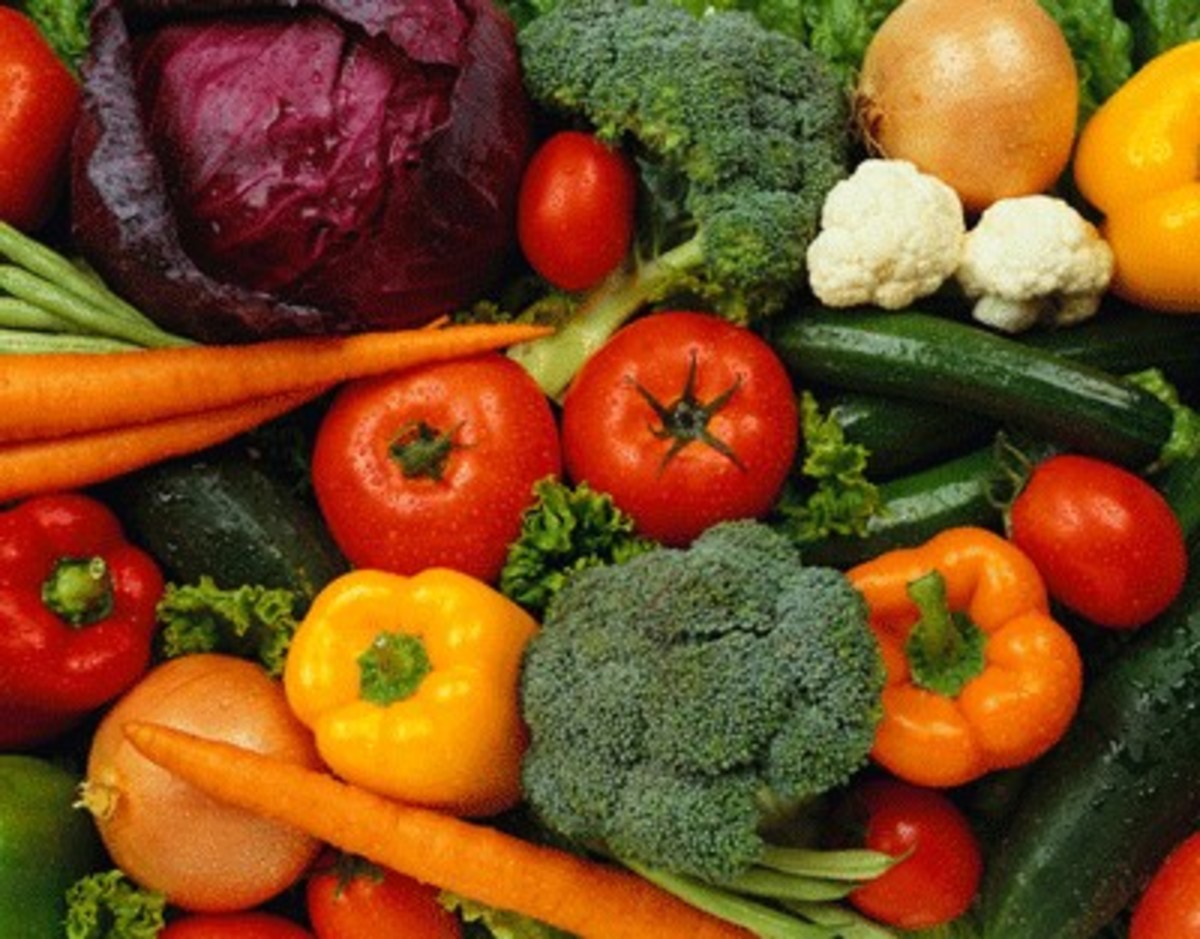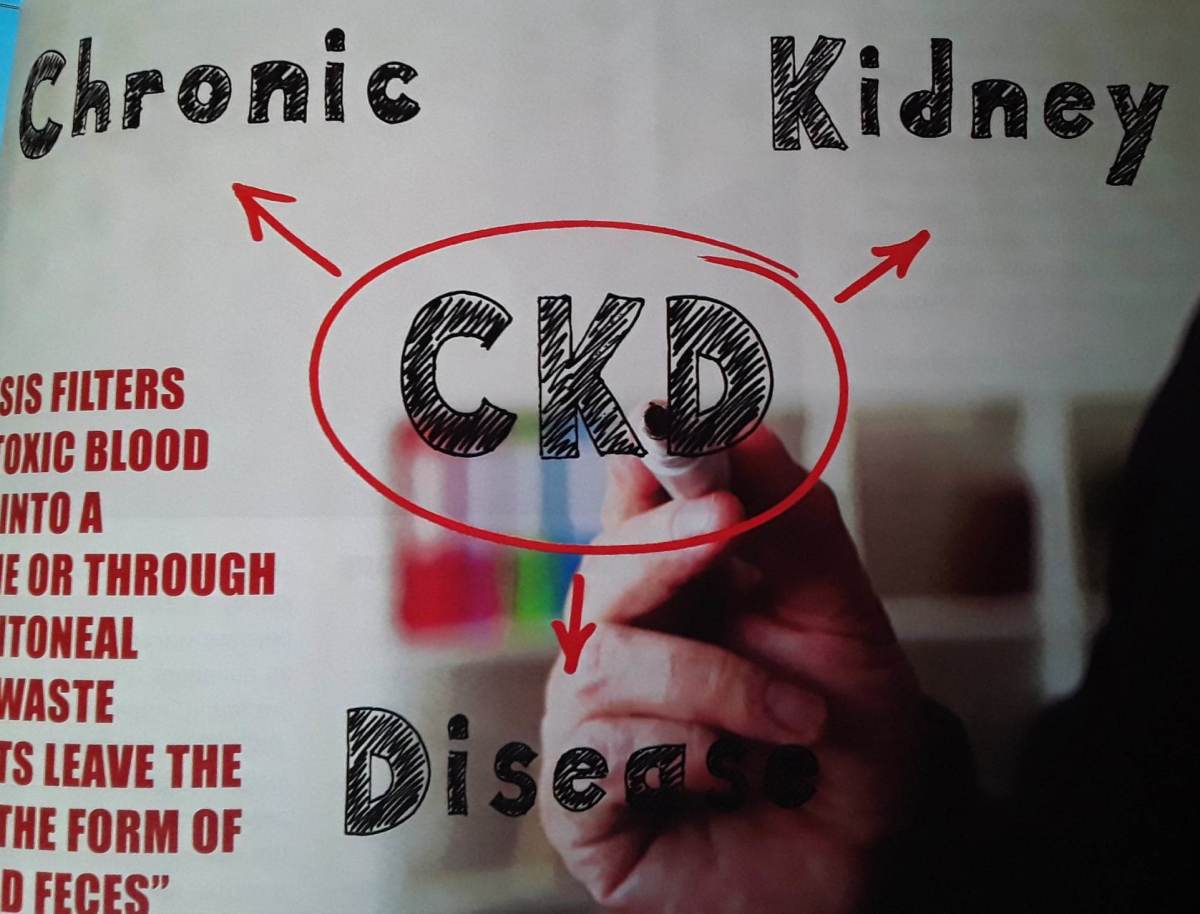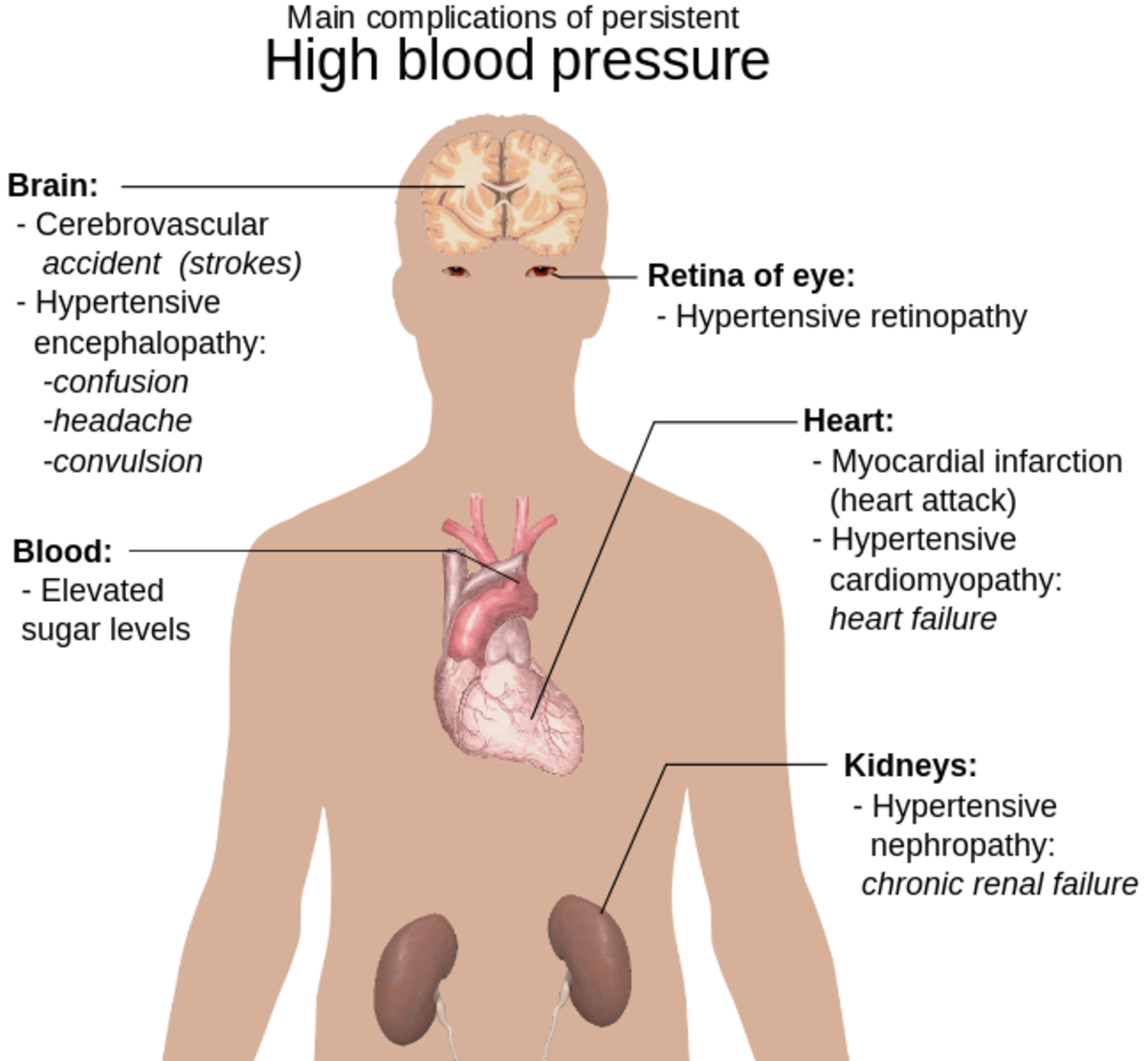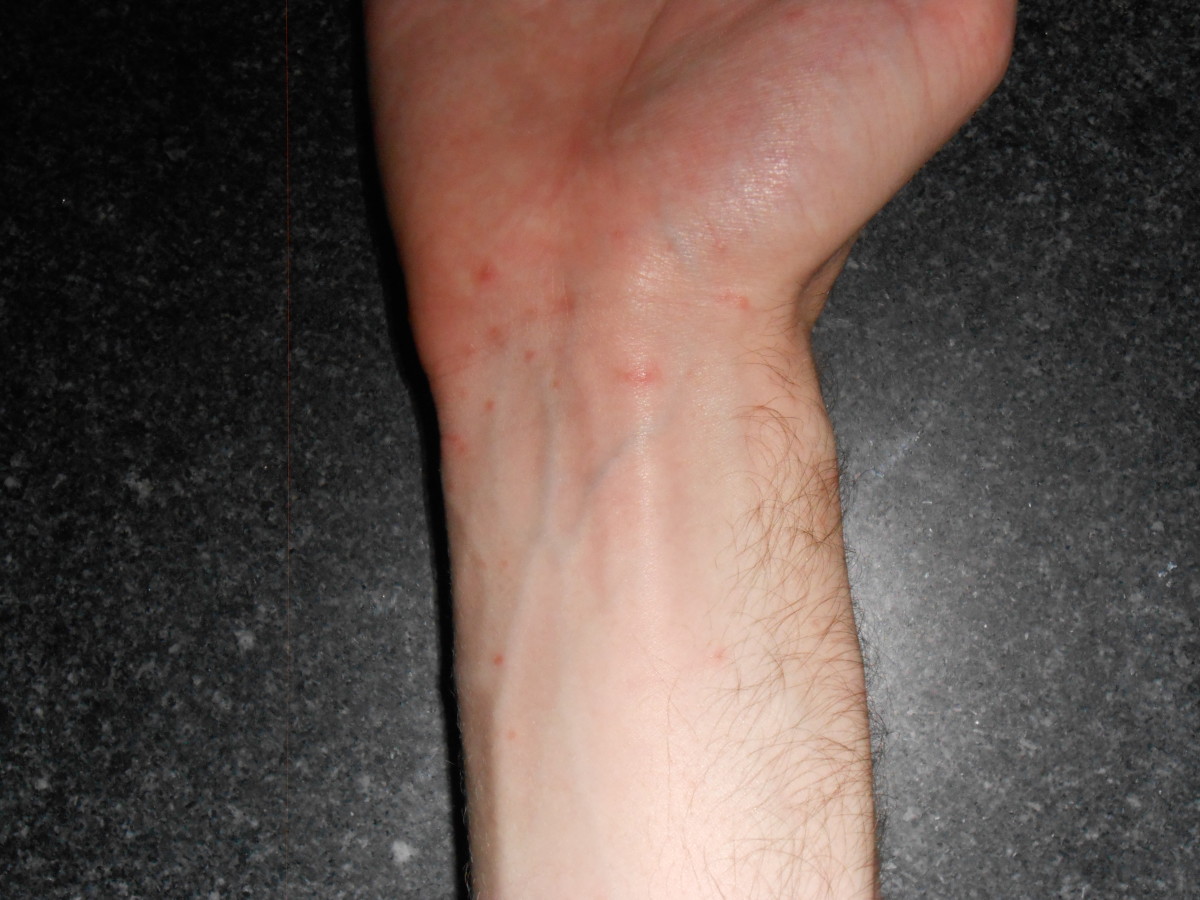The Basics of Kidneys and How They Function
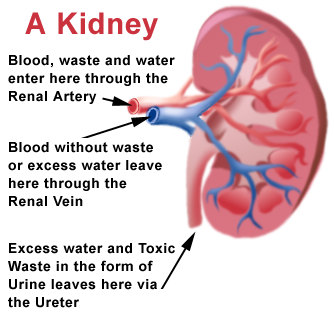
It is important for everyone to understand what kidneys do and how they function
It's important for everyone to understand what our kidneys do and how they function. Good kidney function is imperative to having good health. Most people know that the kidneys are two organs that remove waste products and excess fluid from the blood. These bi-products (in the blood) are filtered through the kidneys and excreted (removed) from the body as urine. This process maintains stable body chemical balance, blood pressure, and other body processes. This is a basic, or general, overview of the kidneys and the different ways they keep you healthy.
According to the National Kidney Foundations, the kidneys are two fist-sized (your fist) organs that are located on either side of the spine near the lowest part of the rib cage. Each one has millions of small tubes, called a nephron,, which contain filtering blood vessels (glomeruli), and when blood enters them it is filtered and the fluid that is left passes along another tube connected to the glomeruli. Inside of these tubules, chemicals and water will be added or taken out of the newly filtered blood according to what your body needs. The kidneys receive blood through the renal arteries and then drain that blood into the renal veins back into the body. Then, urine is made and excreted--in other words we make pee. The filtering process goes on continuously 24 hours a day, 7 days a week. Every day the kidneys can filter up to 200 quarts of blood, removing excess fluid and waste products. This extra fluid and waste is turned into about two quarts, or eight cups, of urine, which goes into the bladder through tubes called ureters. Urine is then stored in the bladder until you go to the bathroom.

The waste products that are found in our blood is created by the normal breakdown of the foods you eat (metabolism). The body uses the food you eat for repairing itself and the energy it provides. Once the body has taken all that it needs, waste is left behind in the blood. The kidneys' job is to remove this waste from your body to prevent build up, which can cause damage and/or death.
The body needs to maintain a strict regulation of different electrolytes such as salt (sodium; Na), potassium (K), phosphorus (P), calcium (Ca), vitamin D, as well as maintaining the blood's pH balance. The kidneys are responsible for these functions as well as the secretion of different hormones that affect how your other vital organs function. The kidneys perform many different functions, but three of the major ones include secreting important hormones. The first is renin, which regulates blood pressure. The second is an active form of vitamin D that maintains the calcium level in the blood and promotes healthy bones and teeth. And the third,Erythropoietin(pronounced eh-RITH-ro-POYeh-tin) also called EPO, which stimulates the bone marrow to create red blood cells to prevent anemia (low red blood cell count).
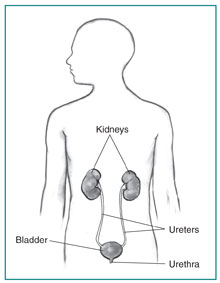
Major Kidney Functions
-
Maintain body's fluid and sodium balances
-
Produce a hormone that stimulates the bone marrow to create red blood cells
-
Remove some drugs/medications from the body
-
Remove waste from the blood/body
-
Secrete hormones that help regulate blood pressure
-
Produce an active form of vitamin D to keep the bones strong and healthy
-
Maintain other minerals and vitamins within the blood/body
-
Maintain blood's pH balance; if the blood is too acidic, certain bacteria that thrive in this condition can cause different degenerative diseases
Two Major Causes of Kidney Disease
There are things that can be done to prevent some kidney disorders. For instance, two of the major causes of kidney failure are high blood pressure and diabetes. if there is family history of high blood pressure or diabetes, then these things need to be monitored on a regular basis and treated if necessary. This can be done by having your doctor check your blood pressure and getting a blood test to check on your blood glucose level. Any glucose (sugar) that is left in the blood instead of being used for energy can cause damage to the nephrons, thereby impairing the kidneys ability to work properly. High blood pressure causes damage to the kidneys filtering system, which hinders their ability to filter the blood properly. There are medications that can help with these two issues, but other healthy choices can also prevent them, such as dietary changes and regular exercise. Diets high in sodium (salt) and protein (in particular animal protein) put stress on the kidneys and make them work harder. Lowering sodium intake, eating more vegetables and legumes, and lowering carbohydrate/sugar intake can help with these two health conditions in particular.
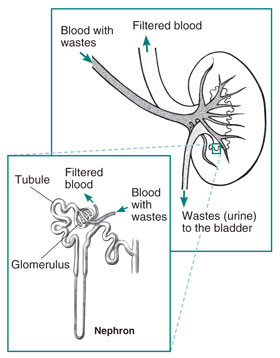
Kidneys Are Sophisticated and Complex Organs
The kidneys are sophisticated organs that perform very complex functions. Healthy kidneys are very important because they perform essential life-sustaining functions that have a major impact on the entire body. They perform vital functions that keep the entire body healthy.



